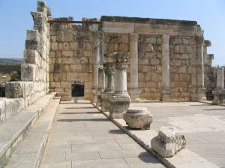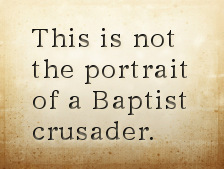Covenants: Clarity, Ambiguity, and Faith (5)
 Read the series so far.
Read the series so far.
As I have said, at the most rudimentary level covenants are for the purpose of reinforcing plain speech about specific things. They do this formally in the terms of the covenant and its obligations upon specified parties. God holds human beings to the very words of their covenant oaths (Jer. 34:18, Ezek. 17:15c). The Bible also indicates that God “keeps covenant” (Deut. 7:9, Neh. 9:32, Dan. 9:4). We would expect no less from Him who cannot lie and who does not change.
Of all verbal communications, written and oral, surely the most steadfast and adamant are covenants. And surely the least ambiguous and fluid would also be covenants?
The oaths in the covenants
The oath is the decisive ingredient in any covenant. We have already taken a look at the oath which the people took in answer to God’s Book of the Covenant in Exodus. Now we need to examine, if only briefly, the oaths of the other Divine covenants which can be easily spotted in Scripture. (There are certain covenants of a speculative nature which it is impossible to pin down in the text of the Bible. These include the three theological covenants of Reformed covenant theology; the so-called “Adamic” and “Edenic” covenants of some sectors of Dispensational theology; and the “Creation” covenant of New covenant theology).

 Reprinted with permission from
Reprinted with permission from  (Read
(Read  Read
Read
Discussion